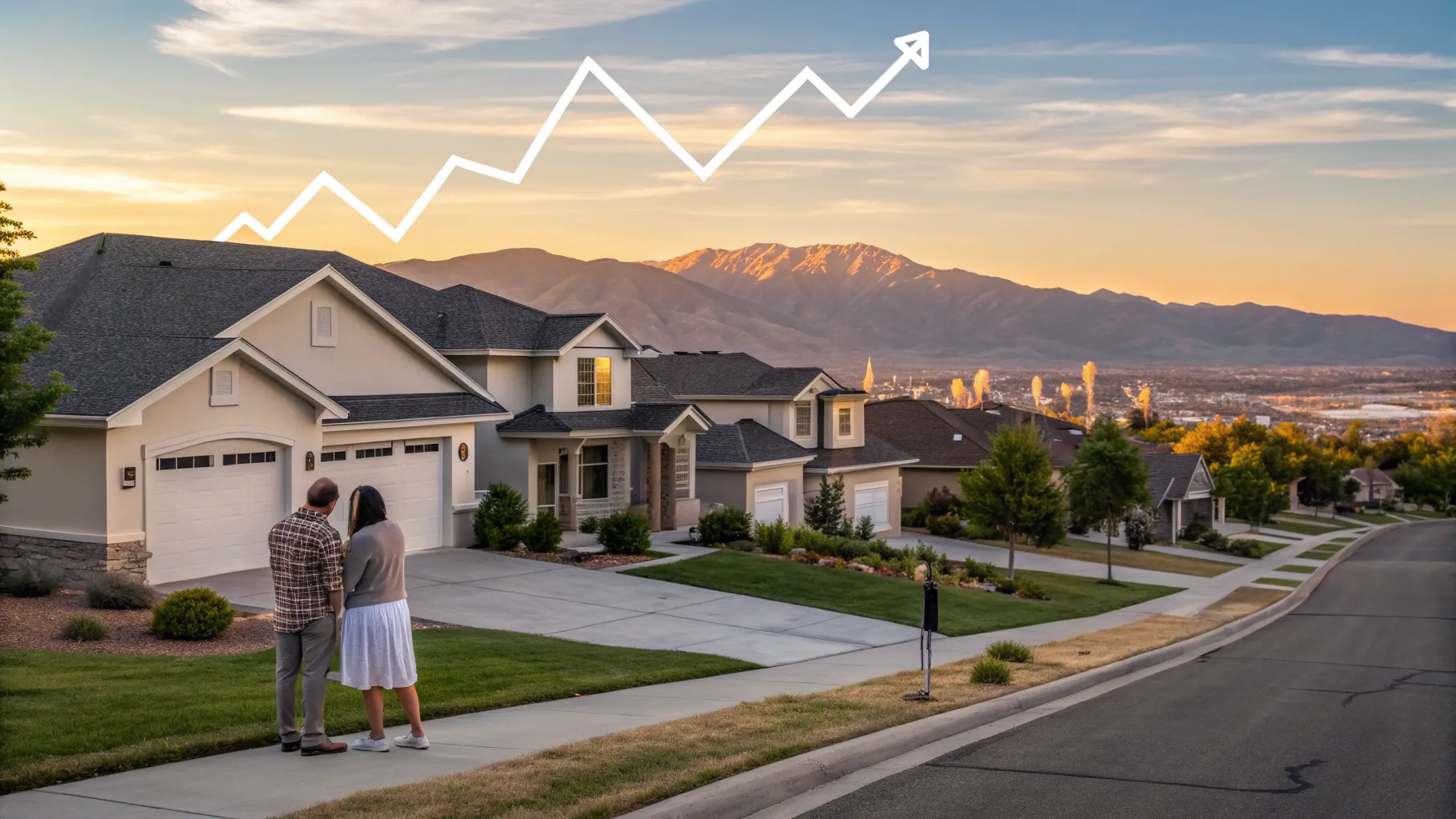
Utah has emerged as one of the most compelling real estate markets in the United States, attracting investors, families, and businesses alike. With its robust economy, stunning natural beauty, and exceptional quality of life, the Beehive State offers unique opportunities for those looking to invest in property or relocate. Here's what you need to understand about Utah's real estate landscape and why it might be the perfect place for your next investment.
The Utah Real Estate Boom: Understanding the Numbers
Utah's housing market has experienced remarkable growth over the past decade, with home values consistently outpacing national averages. The median home price in Utah has increased by approximately 40% since 2020, driven by a perfect storm of factors including population growth, economic expansion, and limited housing inventory. While this rapid appreciation has created challenges for first-time buyers, it represents a significant opportunity for investors looking to capitalize on continued growth.
The state's major metropolitan areas, particularly the Wasatch Front corridor stretching from Ogden through Salt Lake City to Provo, have seen the most dramatic price increases. However, emerging markets in St. George, Cedar City, and Park City continue to offer compelling investment opportunities with strong rental yields and appreciation potential.
Why Utah? The Economic Fundamentals
Utah's economic foundation sets it apart from many other states. The state consistently ranks among the top in the nation for business friendliness, job growth, and economic diversity. Major technology companies including Adobe, Qualtrics, and numerous Silicon Valley firms have established significant operations in what's become known as the "Silicon Slopes," creating thousands of high-paying jobs and attracting a highly educated workforce.
The state's unemployment rate typically runs below the national average, while its GDP growth often exceeds it. This economic vitality translates directly into housing demand, as new residents flood into the state seeking employment opportunities and a high quality of life. The diversified economy, spanning technology, financial services, healthcare, and outdoor recreation, provides stability that many single-industry markets lack.
Population Growth and Housing Demand
Utah boasts one of the youngest populations in the nation, with a median age of just 31 years. This demographic advantage, combined with net in-migration from other states, creates sustained housing demand. The state's population has grown by over 18% in the last decade, making it one of the fastest-growing states in the country.
This growth isn't slowing down. Projections suggest Utah's population could double by 2065, creating long-term demand for housing. For investors, this represents a rare opportunity to invest in a market with strong demographic tailwinds that should support property values for decades to come.
Making Your Move: Practical Considerations
If you're considering relocating to Utah to take advantage of these opportunities, planning your move carefully is essential. The logistics of relocating, especially from out of state, can be complex. Working with experienced full service cross country movers can simplify the transition, allowing you to focus on finding the perfect property and settling into your new community. Professional movers familiar with Utah's unique geography and seasonal considerations can ensure your belongings arrive safely while you concentrate on your investment strategy.
Top Investment Markets in Utah
Salt Lake City: The state capital offers diverse neighborhoods from historic Sugar House to the up-and-coming Granary District. With a strong rental market driven by the University of Utah and downtown employment centers, Salt Lake City provides opportunities for both traditional rentals and short-term vacation properties.
Explore Utah Real Estate
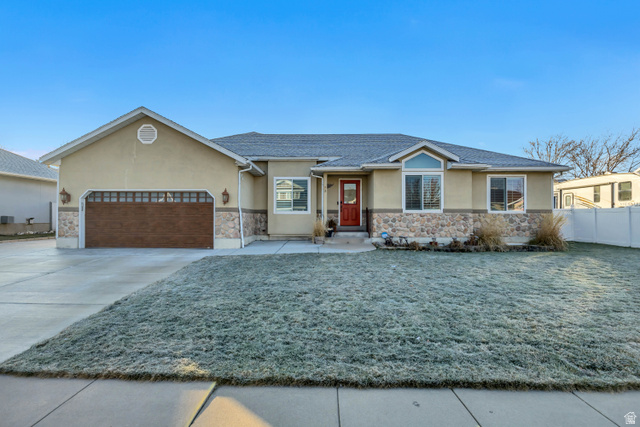
83 W 850 S, Centerville, UT
$815,000
Bedrooms: 5 Bathrooms: 3 Square feet: 3,999 sqft
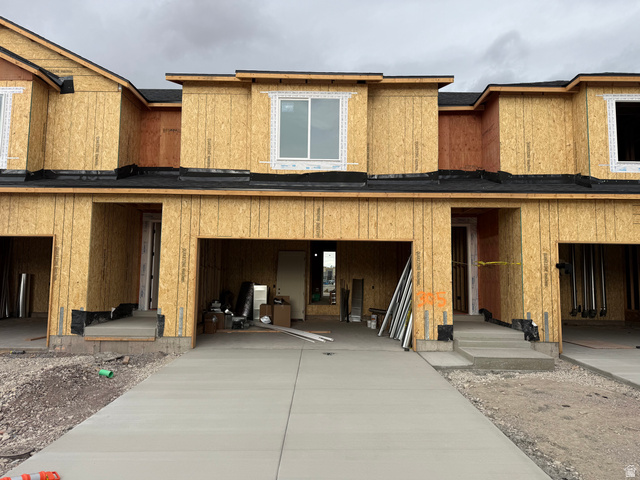
653 E RYEGRASS DR #305, Eagle Mountain, UT
$387,900
Bedrooms: 3 Bathrooms: 3 Square feet: 1,985 sqft
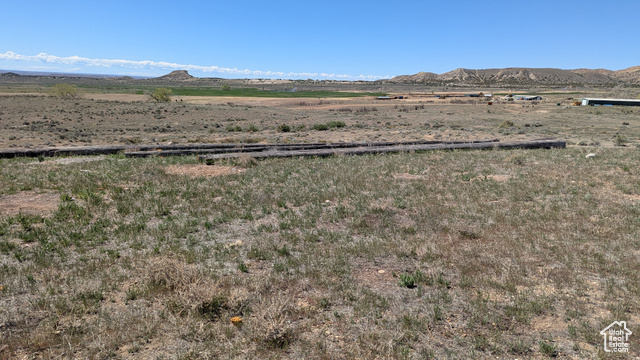
2098 E GOOSE RANCH RD, Vernal, UT
$103,000
Square feet: 274,864 sqft
Provo/Orem: Home to Brigham Young University and Utah Valley University, this area benefits from consistent student housing demand and a thriving tech sector. The lower median prices compared to Salt Lake City offer better entry points for new investors.
Park City: While more expensive, Park City's world-class ski resorts and year-round recreation make it ideal for vacation rental investments. The 2034 Winter Olympics announcement has already begun driving renewed interest in the area.
St. George: Southern Utah's warm climate and proximity to national parks have made St. George one of the fastest-growing metros in the nation. The area attracts retirees and remote workers, creating diverse rental opportunities.
Understanding Utah's Unique Market Factors
Utah's real estate market has several unique characteristics that investors should understand. The state's predominant Mormon population values homeownership highly, contributing to one of the nation's highest homeownership rates. This cultural factor creates stable neighborhoods and well-maintained properties but can also mean less rental inventory in certain areas.
Water rights and availability are increasingly important considerations, particularly in southern Utah. Smart investors are paying attention to water-efficient properties and developments with secure water rights, as these factors will likely become more valuable over time.
The state's outdoor recreation economy adds another dimension to property values. Proximity to ski resorts, national parks, and recreational amenities can significantly impact property values and rental potential. Properties with easy access to Utah's renowned outdoor attractions often command premium prices and rental rates.
Tax Advantages and Business Climate
Utah offers several tax advantages for property investors. The state's flat income tax rate of 4.85% is competitive, and property taxes remain reasonable compared to many Western states. Utah also doesn't tax Social Security benefits, making it attractive for retirees who might rent or purchase property.
The state's business-friendly environment extends to real estate investment. Landlord-tenant laws are generally balanced, and the regulatory environment for property management and development is relatively straightforward. This ease of doing business makes Utah particularly attractive for out-of-state investors.
More Properties You Might Like
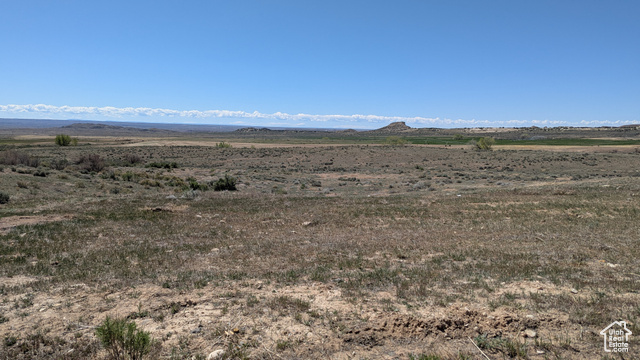
2148 E GOOSE RANCH RD, Vernal, UT
$116,000
Square feet: 309,276 sqft
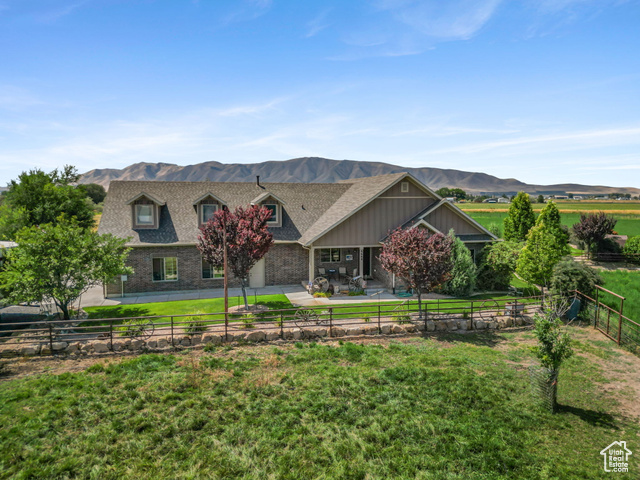
6668 S 3200 W, Spanish Fork, UT
$2,074,000
Bedrooms: 3 Bathrooms: 3 Square feet: 2,560 sqft

2031 N LAVA ROCK CIR #107, St George, UT
$4,185,000
Bedrooms: 4 Bathrooms: 5 Square feet: 5,404 sqft
Challenges and Considerations
While Utah's real estate market offers tremendous opportunity, investors should be aware of potential challenges. The rapid price appreciation has made affordability a concern, particularly for entry-level properties. Competition for desirable properties can be fierce, with multiple offers common in hot markets.
Seasonal factors affect certain markets significantly. Ski resort areas see dramatic seasonal rental variations, while desert communities like St. George experience population swings as snowbirds migrate seasonally. Understanding these patterns is crucial for accurate investment planning.
Looking Ahead: Future Prospects
Utah's real estate market shows no signs of slowing. The 2034 Winter Olympics will bring renewed international attention and infrastructure investment. Continued economic diversification, particularly in technology and renewable energy sectors, should support job growth and housing demand.
Climate migration may also benefit Utah, as its relatively stable climate and abundant water resources (compared to neighboring states) could attract climate-conscious migrants. The state's investments in education, infrastructure, and quality of life initiatives position it well for continued growth.
Making Your Investment Decision
Investing in Utah real estate requires careful consideration of your goals, timeline, and risk tolerance. Whether you're looking for rental income, appreciation, or a combination of both, Utah's diverse markets offer opportunities to match various investment strategies.
Consider starting with thorough market research, visiting different areas to understand local dynamics, and connecting with local real estate professionals who understand the nuances of Utah's markets. Pay attention to employment trends, infrastructure developments, and demographic shifts that could impact future values.
Conclusion
Utah represents one of America's most dynamic real estate markets, combining strong economic fundamentals, demographic advantages, and an exceptional quality of life. While challenges exist, particularly around affordability and competition, the long-term prospects for Utah real estate remain bright.
Whether you're an out-of-state investor looking to diversify your portfolio or someone considering relocating to take advantage of Utah's opportunities, the state offers compelling reasons to invest. With careful planning, thorough research, and an understanding of local market dynamics, investing in Utah real estate can be a rewarding decision that pays dividends for years to come.
The key to success lies in understanding not just the numbers, but the unique factors that make Utah special – from its outdoor recreation and young, educated workforce to its business-friendly environment and strong community values. These fundamentals suggest that investing in Utah isn't just about riding a temporary boom, but about participating in the long-term growth of one of America's most promising states.












